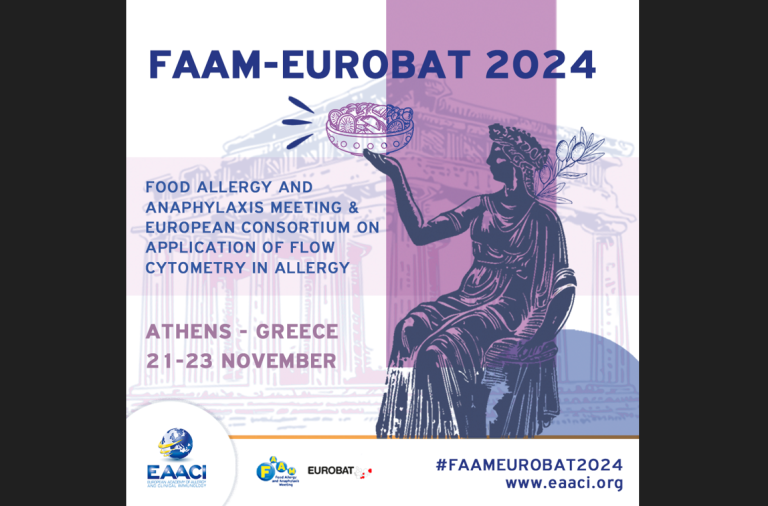The European Academy of Allergy and Clinical Immunology (EAACI) has unveiled its latest guidelines for managing IgE-mediated food allergies, offering comprehensive strategies for healthcare professionals to better support individuals affected by food allergies. The guidelines, developed by an international team of allergy experts, aim to address the increasing need for effective, holistic care. Published in the journal Allergy, the updated guidance is based on systematic research following the Grading of Recommendations, Assessment, Development, and Evaluations (GRADE) framework to ensure a rigorous, evidence-based approach.
The guidelines will be presented at the FAAM-EUROBAT 2024 congress in Athens this month, where allergy experts and clinicians will discuss their potential impact on clinical practices worldwide. Led by Professor Alexandra Santos, Dr. Carmen Riggioni, Professor George du Toit, and Dr. Isabel Skypala, the EAACI team’s guidance emphasises a personalised approach to managing food allergies, combining traditional and innovative treatments to improve outcomes and quality of life for food allergy sufferers globally.
EAACI’s new guidelines outline a broad spectrum of care practices designed to aid patients in managing their conditions more effectively. Among the primary recommendations are allergen avoidance and personalised dietary advice from specialists, prescription of medications to manage reactions, and provision of written treatment plans. A significant part of the new guidance also includes psychological support for patients dealing with food allergy-related anxiety, a concern often overlooked in previous treatment plans.
For healthcare professionals, the EAACI guidelines offer a roadmap for treating IgE-mediated food allergies with tailored care practices. Recommendations include the prescription of adrenaline auto-injectors for severe reactions, educational support to help patients recognise allergic symptoms, and guidance on emergency medication use. EAACI also highlights the role of advanced treatments, like omalizumab, and endorses oral immunotherapy for children and adolescents with allergies to peanuts, milk, and eggs.
Professor Alexandra Santos commented on the updated guidelines, saying, “These new recommendations represent a comprehensive approach to managing food allergies, offering patients improved care and enhancing their quality of life. The combination of traditional and innovative treatments provides a new way forward for millions of people affected by food allergies.”
The updated guidelines also respond to calls from patients and advocacy groups for more patient-focused support. Dr. Isabel Skypala stressed that the guidelines prioritise holistic care, particularly where food allergies affect mental health. “A significant number of patients experience anxiety related to their allergies,” Dr. Skypala noted. “Our guidelines address the need for psychological support, helping patients cope with their allergies and lead more fulfilling lives.”
The EAACI’s guideline recommendations also include education for patients and families on recognising symptoms and utilising emergency treatments effectively. With these updated guidelines, the EAACI aims to standardise best practices across healthcare systems, allowing clinicians to more effectively manage IgE-mediated food allergies. The EAACI anticipates that the widespread adoption of these guidelines could significantly reduce severe allergic reactions and improve overall patient well-being.
By integrating these enhanced practices into healthcare, EAACI hopes to support the food allergy community in navigating daily challenges.

